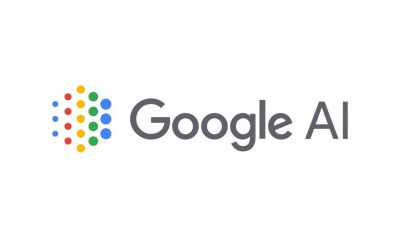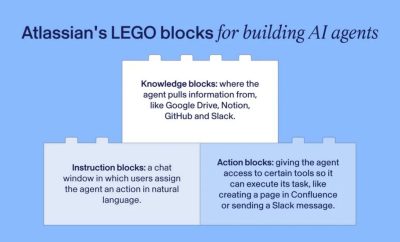
Europe has an artificial-intelligence skills shortage
How severe is Europe’s dearth of AI talent and how does it compare to the United States, China and the United Kingdom – the world’s AI champions?
However intelligent artificial intelligence might be, it still relies on qualified humans, of which there is a notable lack in the European Union. In 2019, German firms spent an average of six months hunting to fill each tech position.
The lack of AI skills undermines Europe’s industrial prospects. Without the right training to close the skills gap, fewer businesses in Europe are able to integrate AI into their business operations, foregoing possibly significant productivity gains. A scarcity of talent in Europe also shows that salaries and broader job attractiveness in the European Union cannot compete in the global labour market. Promising European start-ups are unable to attract the talent they need. As long as AI expertise remains a luxury only tech giants and hedge funds can afford, the EU will fall short of its technological and growth goals.
Europe is home to some of the world’s best science and engineering research institutions and indeed produces more doctorates in these fields than any other part of the world[1]. But, as Kai-Fu Lee points out in his book AI Superpowers, the adoption of AI technology relies less on top-notch scientists than it does on skilled data scientists, programmers and AI business translators, who can put existing deep-learning algorithms to practical commercial use.
Συνέχεια ανάγνωσης εδώ
Πηγή: bruegel.org




